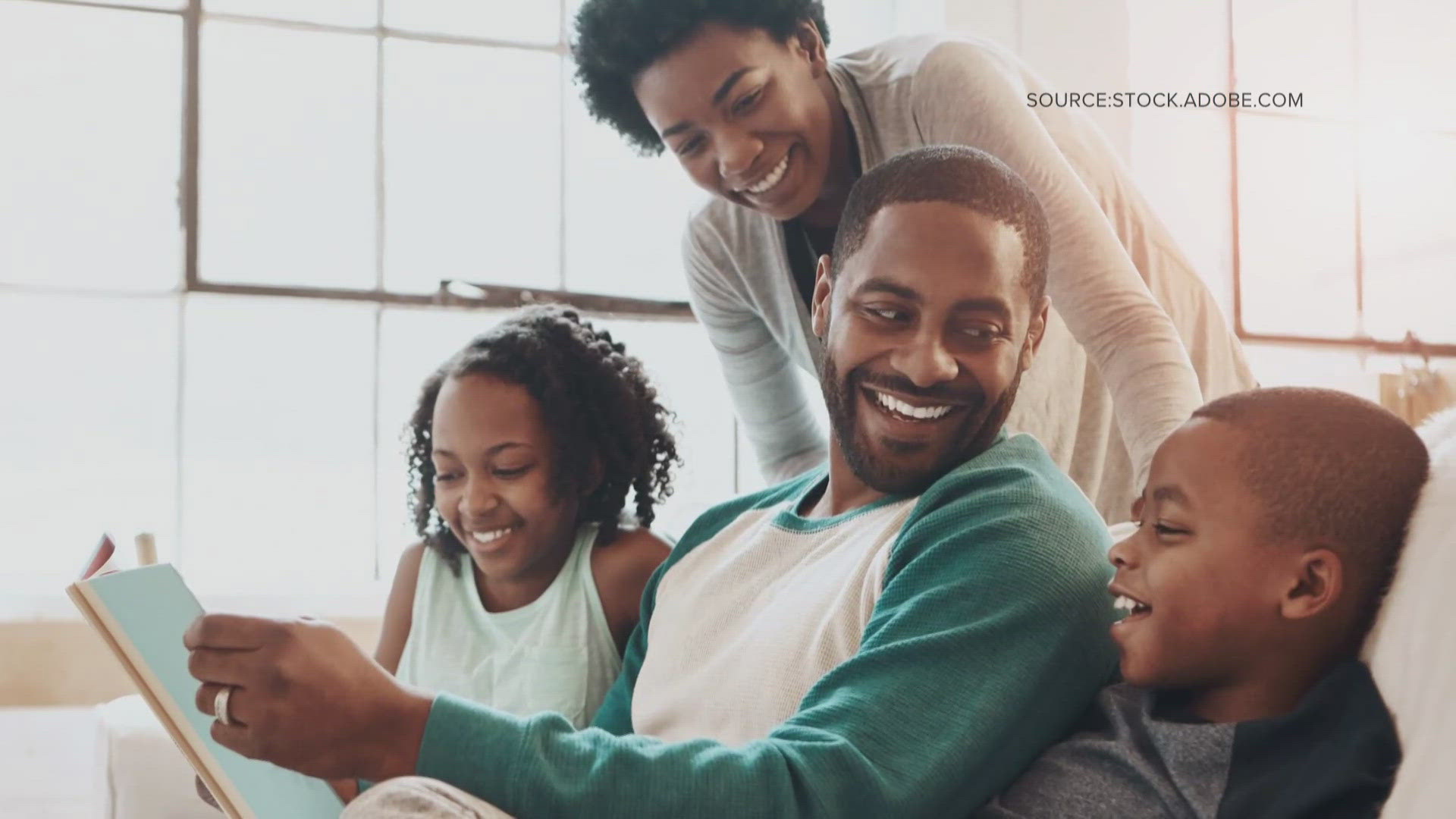GREENSBORO, N.C. — It's time for my "2 cents."
Gratitude is inherent, but expressing it -- is a learned behavior.
It is our responsibility, as parents, to mold and model thankfulness.
Children are little sponges, picking up on how we show thanks. Research shows by age three, they exhibit early signs of gratitude when receiving help or gifts.
Harvard University's 'Making Caring Common" project emphasizes gratitude is about more than saying, "Thank you." A study published in the Psychology of Gratitude found children who did gratitude interventions, like a gratitude journal, had higher life satisfaction and better mental health than children who did not.
Those gratitude interventions start at home, and parents, we too, need reminders of mindfulness.
If you are a regular Good Morning Show, and you follow me on Facebook, you know every week I ask you to "tell me something good." The answers always evoke appreciation of life's daily blessings, big and small.
I now pose a variation of this question to my two-and-four-year-old children. At bedtime prayers, I ask, "Whom are you thank for today?"
Sometimes, the answer is, "Santa Claus." Occasionally, it's, "My toys." The other night, it was, "I'm thankful for you, Mommy."
Thankfulness is often full-circle. So, "do unto others as you would have them do unto you," and remember, little ears are listening.
Sincerely,
Meghann

